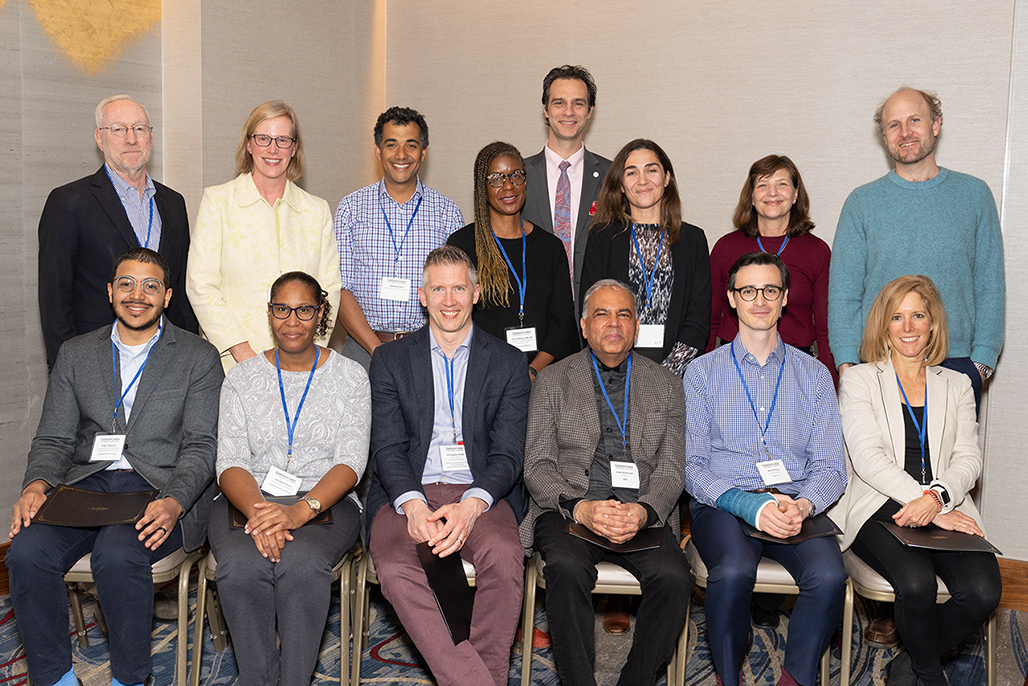The Einhorn Center is excited to offer a new online program for Cornell faculty and staff interested in incorporating community-engaged learning (CEL) into a course or program. This online curriculum is designed for any level of experience — whether participants are brand new to community-engaged learning or are experienced practitioners looking to refresh their skills and discover new tools.
Available for free to the Cornell community via eCornell, the program includes five self-paced courses. Participants will get an overview of CEL theory and practice and will understand how CEL can augment learning in any course, curriculum and/or co-curricular program. Participants can apply the foundations of CEL practice to their own syllabi or programs with downloadable tools and adaptable sample activities.
The program includes five courses::
- In CU201 Building a Better World with Community-Engaged Learning, faculty and staff will define high-quality CEL; identify their motivations, purpose and goals; discern the value of CEL for their course or program; and begin to incorporate CEL tools and activities.
- They’ll continue to build a CEL toolkit in CU202 Developing, Understanding and Strengthening Cultural Humility with tools and activities to improve students’ cultural self-awareness and enhance their ability to apply cultural humility in interpersonal and institutional relationships, to communicate across difference and to adapt to community contexts through CEL.
- CU203 Supporting Partnerships will assist participants in developing an asset-based mindset to support reciprocal, mutually beneficial and sustainable campus-community partnerships.
- CU204 Fostering Critical Reflection in Community Engagement explores concepts and practices in critical reflection, and provides the tools to facilitate and encourage deeper learning for students participating in CEL.
- Finally, CU205 Cultivating Community-Engaged Learning and Leadership focuses on strategies for cultivating CEL leadership among faculty, staff and students, from individual actions to becoming a change agent within the institution, with the communities they work with and beyond.
Participants can complete all five courses, or they can focus on the topics most relevant to their course or program. Each course takes three to four hours to complete. Faculty and staff who complete all five courses will earn a Recognition of Achievement credential.



